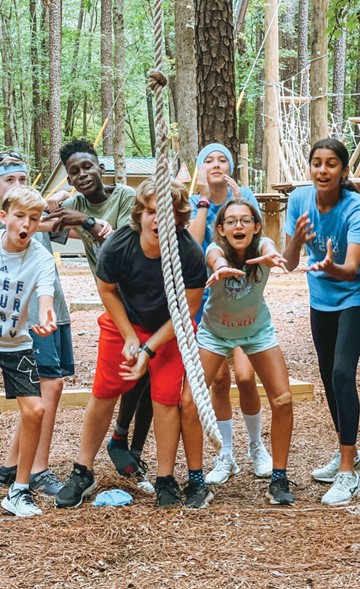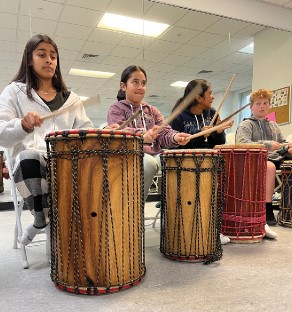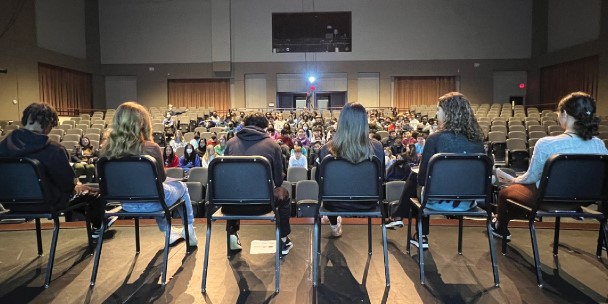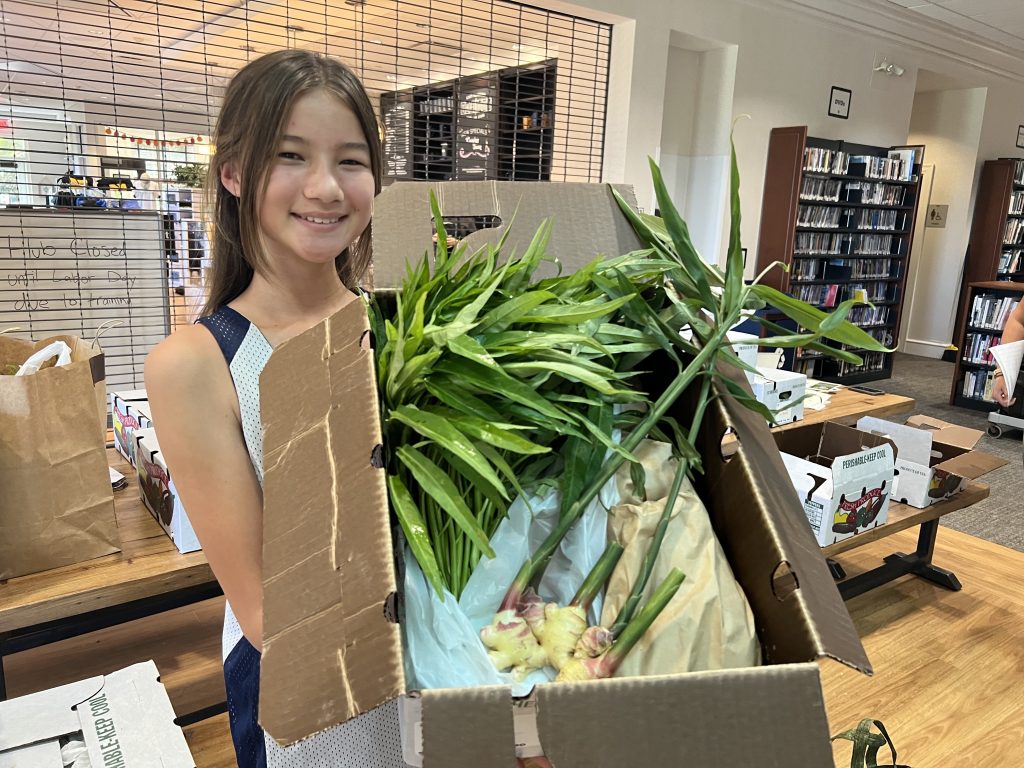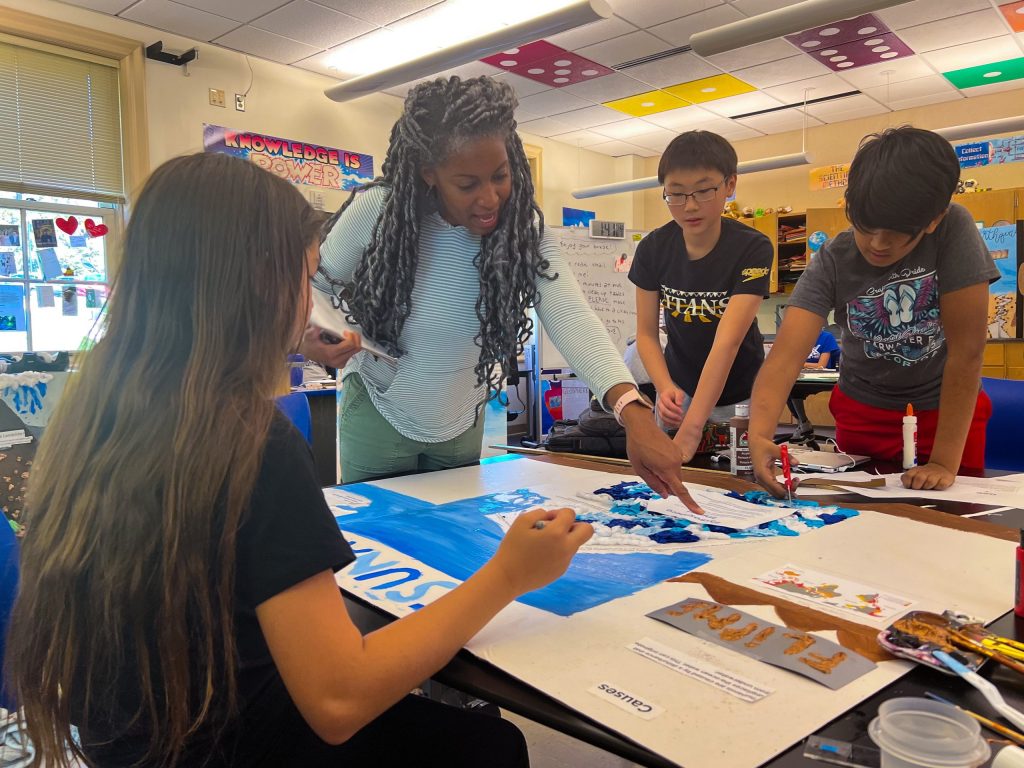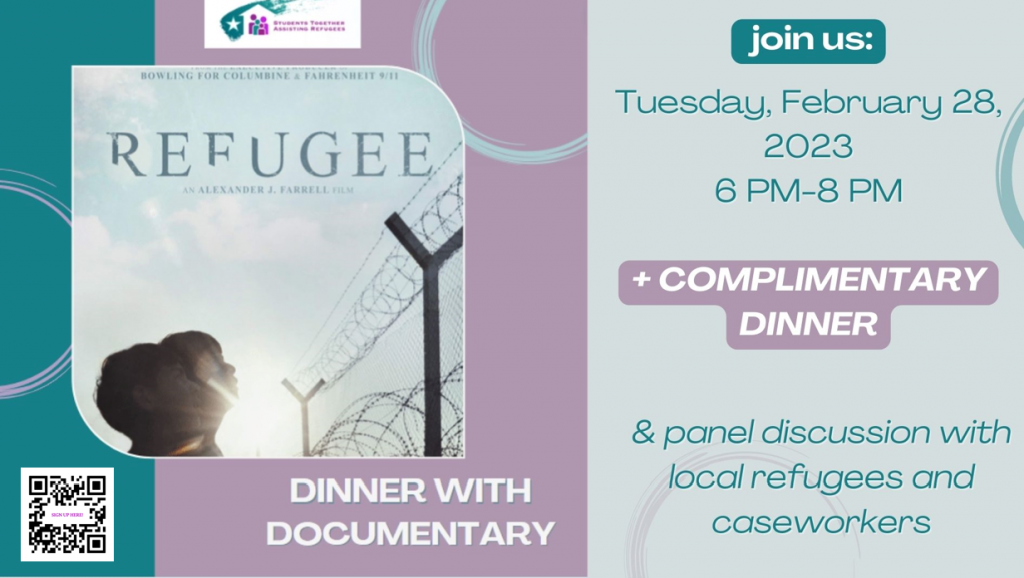It is perhaps a (deceptively) simple question: How is your relationship with time?
I mulled over this question after reading a chapter called “Generosity with Time” in Chris Balme’s Finding the Magic in Middle Schools. As someone who teaches in middle school but lives with teenagers of various ages—especially older ones—I found it resonant, offering essential lessons that extend to kids and parents alike.
Many of us feel anxious about time. We never lose track of it. Ever. We might stand in awe (or horror) of those who breezily do. After all, we have color-coded calendars with a paper planner backup to prevent that exact occurrence. We might just be the ones who breathe a guilty sigh of relief if a surprise thunderstorm cancels a soccer practice; time is scarce, and we are not in control of it.
Then there are those people at the other end of the spectrum. Let’s call them the time-abundant mindset folks. Whoever you are, please stand over there; you’re messing up our schedules.
All joking aside, the world often suggests to us that we should have a scarcity mindset regarding time. Whether real or not, we perceive that we don’t have enough time for All The Things.
It affects our behavior—how we talk about time hints of pressure and victimization. (“Can you hurry up and get in the car? You don’t want to be late to school and make me late to work, do you?!?,” said me, not ever. Never. *ahem*)
Indeed, I would wager that we make some of our poorer decisions as parents because of our own anxious relationship with time (and the tween and teen years are often when even the breeziest of parents shift into a higher-pressure, time-anxious mentality). The behavior that follows is often very controlling, albeit exerted in love.
Have you ever heard yourself say, “We don’t have time to wait for you to pack your gym bag; I’ll just do it for you.” Ooops, we’ve just accidentally undermined our kid. And so begins (or continues) a generational curse of time scarcity.
Research shows that for middle and high school students to be academically resilient and prepared for all the things college and life offer, they must develop a healthy relationship with time. To get there, we need to trust our kids by granting them the space (and grace) to exercise more autonomy—to practice being in charge of their ‘when’ and ‘whats,’ to learn what time management strategies work (or don’t) for them, to fail, experience boredom, or miss something (and regret it).
Consider a new 9th grader experiencing a cherished free period for the first time. The freedom! The possibilities! THE FRAPS AT THE HUB!!! As a parent, you might be tempted to offer suggestions on how they could best spend that time (because: Homework! Practice schedules! Weekend plans!).
Here’s my advice, however: pay attention, but let these kids figure it out without us putting our anxiety onto them.
High schoolers need to go through a period of failure with their free periods and sit in the uncomfortable repercussions of not having used their time wisely at least once. In experiencing that natural feedback and the consequences that come with it, the motivation to better manage their time becomes intrinsic. It’s how they learn to balance, pace, and spend their time to meet their academic and health needs.
During free periods, we often see our students on the Quad throwing a ball, sitting together in the winter sun, or chilling to music. We hear their witty banter during video games. Is that time misspent? Could be. (But perhaps not; research shows that mixing social connections with learning brings more focus into their actual class time. But that’s a blog for another day.)
Alternately, we may hear the clickity-clack of the speed typing of those students who may be feeling the effects of their procrastination. Or witness the ‘competitive sleep deprivation’ banter typical of many students—students who simply repeat what feels like a generational expectation, scholars who view sleep deprivation as some sort of signal of dedication.
These stories offer insights into the two opposite ends of a spectrum and underscore the importance of finding a middle ground regarding our relationship with time—one that honors both academic and social/emotional needs. After all, we want our kids to navigate life at CA and beyond with an understanding of how they can meet their academic obligations in healthy ways by effectively managing their time.
Knowing what we know about how WE have been socialized, it’s wise for us parents to be aware of how we talk about time with our children and to address our own time-related baggage. To jump-start that process, I spoke with Ms. Monds, our Director of Student Support Services and Counselor extraordinaire, and we curated this short list of suggested questions to gauge your own relationship status:
- Do I think that my child’s idle time will lead to problems? If so, what message is that sending to my child?
- Am I giving my child enough credit for managing their own schedule?
- Can I sit down in my own home? (If you know why I ask this, you know why I ask this.)
- Have I spoken about time without being a victim of it in the last few days?
- What do I feel when I have “idle time”?
- Do I criticize/judge others for being idle?
- Do I judge myself for being idle?
- Do I create an environment for other to feel like they can relax?
- When was the last time I, myself, had free time that I didn’t fill with errands?
Ask even one of these questions, and we promise it will be time well spent.





